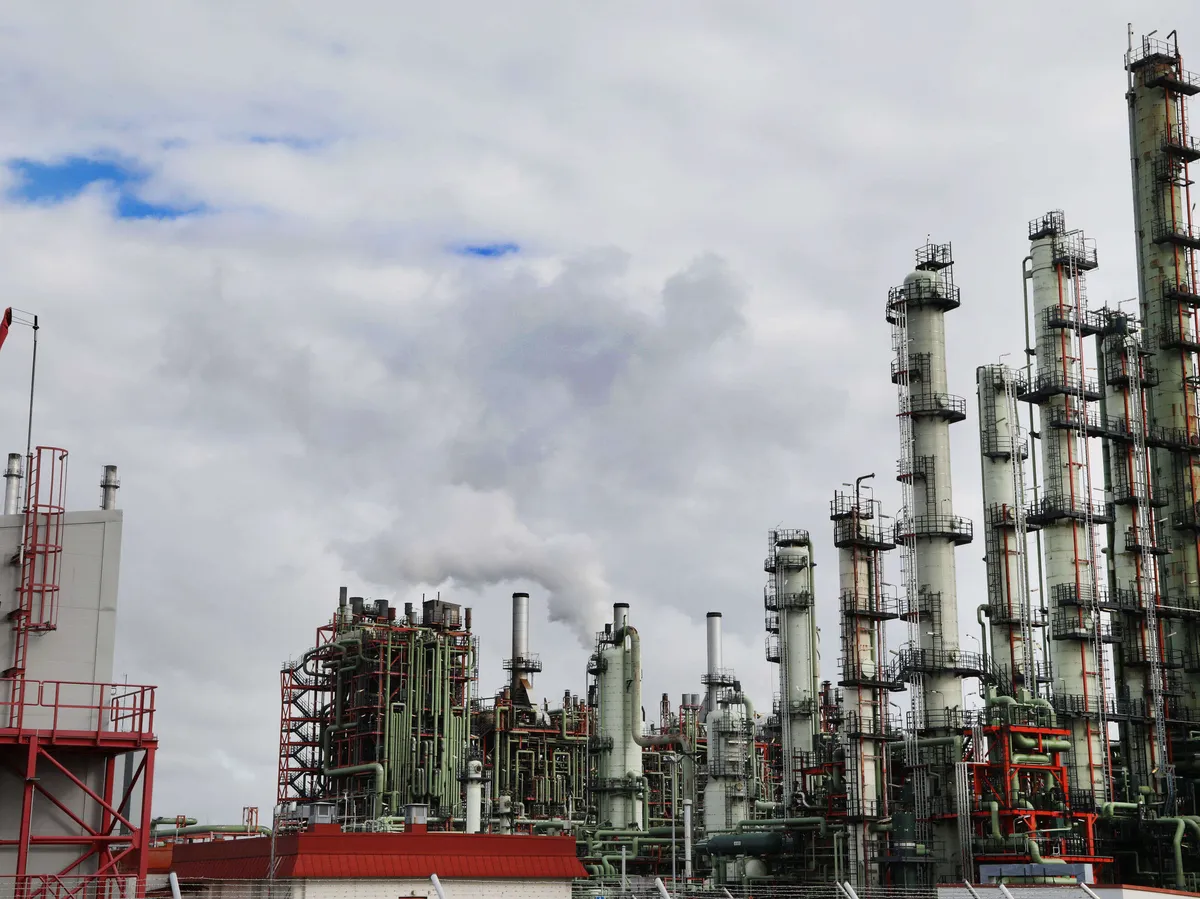The Iranian attack was partly expected. The market showed signs of nervousness already on Friday.
Iran attacked Israel with hundreds of drones and missiles during the night between Saturday and Sunday. The effects of the shock on international trade and the wider economy can be significant. According to the expert, the effects can be seen especially in the price of oil.
However, the direct economic damage of the Iranian attack seems to remain relatively small.
According to Reuters news agency Israeli officials have said that the Iranian attacks caused some degree of damage to the Israeli armed forces. Information on material and personal damage is limited so far. At least one child has been wounded in the attacks.
In the announcement of the White House, the President of the United States Joe Biden says the US has helped Israel repel “almost all” of the drones and missiles in the attack.
The effect is seen in oil and safe havens
S-bank rescuer Lippo Suominen believes that the attack may increase the price of oil in particular.
“The effect on oil is quite obvious. Now we have to think about how the situation affects the world’s oil production and oil transportation. At the very least, there will be uncertainty, i.e. supply concerns for oil.”
The price of oil fluctuated already on Friday, when the price of Brent crude rose quickly from a level of just over 90 dollars to a level of over 92 dollars. However, the price of Brent crude oil also quickly fell back to around $90 on Friday evening.
In addition to oil, Suominen believes that the attack will also be immediately visible in the price of asset classes considered safe havens, such as gold and the dollar.
“Gold is the ultimate safe haven and the demand for gold had risen at the same time.”
There is fear in the stock market
The threat of an attack shook the stock market already on Friday. The S&P500 index, which broadly describes the US stock market, fell 1.46 percent on Friday.
The Vix index, also known as the market’s fear factor, which describes the expected volatility of the stock market, rose by around 25 percent on Friday. The increase is the largest single daily movement of the index in more than two years.
Despite the fall in the stock market on Friday, Suominen believes that the events of the weekend can even benefit companies of a certain profile.
“On the stock side, energy companies that produce somewhere other than the Middle East enjoy if the price of oil rises. Of course, the defense and arms industries can also benefit. This shows that geopolitics is in a bad mess in the world and defense will be invested in.”
The immediate market reaction was also seen in the cryptocurrency Bitcoin, whose price fell quickly on Saturday evening from just under 63,000 euros to less than 58,000 euros. During Sunday, the price of the cryptocurrency has risen back to the level of more than 60,000 euros.
A threat of escalation
One key threat is the escalation of war. Iran has announced that the attack is over, but threatens Israel with new military measures if Israel retaliates.
S-bank’s portfolio manager Juha Varis however, the message service in X reminds that the attack had been expected for several days. So it will not come as a surprise to investors.
Suominen is also of the opinion that a large part of the effects of the attack could already be seen in market prices. At the same time, avoiding the spiral of escalation can be good news for the market.
“Development depends a lot on whether the situation escalates. Now the question is what Israel will do. If Israel ends up reacting only with mild measures, it can be a relief for the market,” says Suominen.
